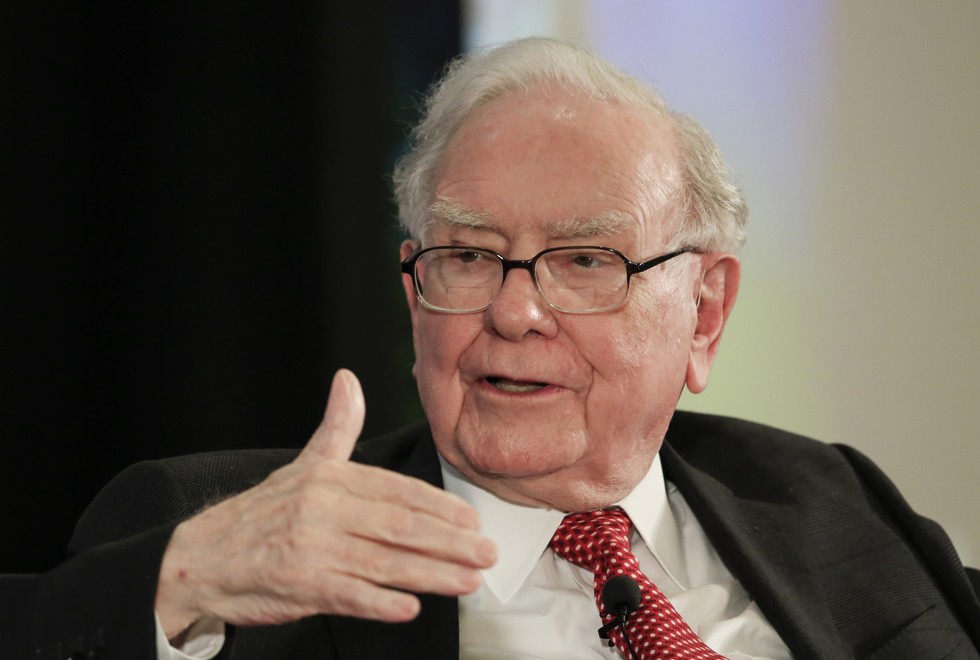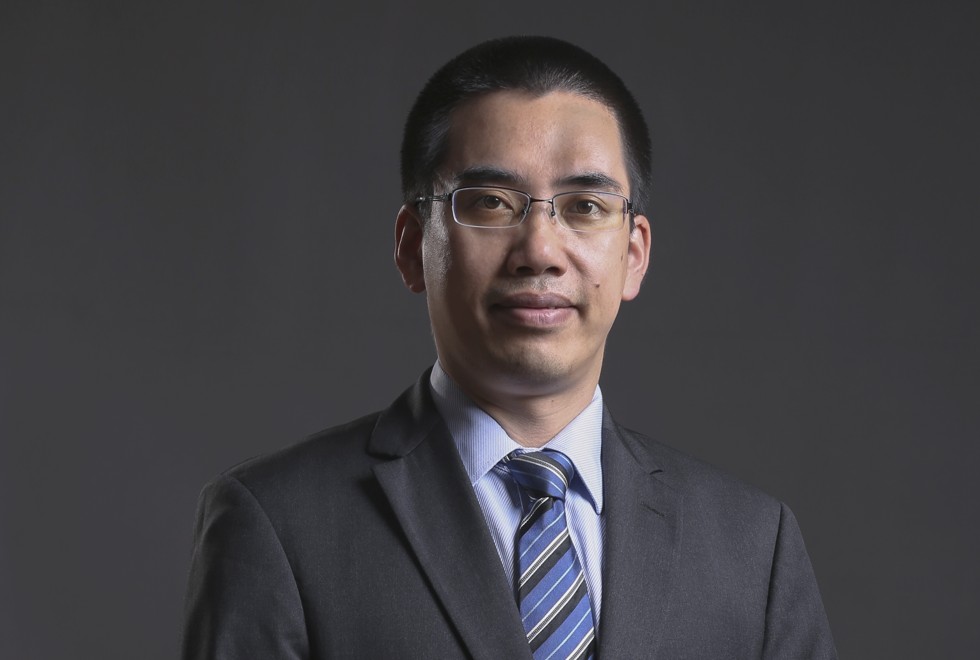
China’s BYD wins second electric bus order in tough to crack Africa market
The Shenzhen-based company, which sold 14,000 electric buses globally last year, wants to build on its leadership position in other parts of the continent
BYD, the Chinese battery and electric vehicle maker in which American tycoon Warren Buffett is a substantial investor, has won its second electric bus order in Africa, a challenging market to crack because of affordability issues.
Although the growth potential is huge, a lack of direct state subsidies for buying electric vehicles is a major stumbling block Chinese makers including BYD face, according to a senior manager responsible for emerging markets at the Shenzhen-based firm.
“The region’s understanding of electric vehicles is limited, so we have to spend a lot of effort and time to promote them,” Huang Zhixue, general manager of the firm’s Middle East and Africa auto sales division, told the South China Morning Post in an interview.
BYD on Wednesday signed a contract to supply 15 of its K9 model electric buses to Alexandria Passenger Transportation Authority in Egypt after some “intense” bidding in a tender process. Each can carry around 90 passengers.
Alexandria is the second largest city in Egypt with a population of nearly 5 million.
Huang declined to divulge the value of the contract citing commercial confidentiality.
It followed another order for 11 electric buses in 2016 from Cape Town’s transport authority in South Africa. Both will be delivered this year.
BYD sold 14,000 electric buses last year globally and 35,000 in total since 2010, most of them in China.
Its second biggest market is the United States where it has an assembly plant, followed by Europe and Southeast Asia.
Huang would not give sales growth projections for the Egypt and South Africa markets, saying that although the governments there have the willingness to push for greener public transport, the markets lack clarity on future orders.
“It will depend on the operating results of the first batch of electric buses, we’ll have to wait and see,” he said. “Having already won orders in a northern and a southern market, we hope to build on our leadership positions in other parts of Africa.”
Huang said an absence of direct subsidies and the high cost of electric buses – up to four times that of diesel ones – are the major deterrents for bus operators in the Middle East and Africa.
“Many nations in the region allow operators to import second-hand diesel buses, mostly from Europe,” he noted, adding in some of the region’s oil-rich nations, cheap fuel presents a challenge despite some willingness by government to tackle pollution.
After generous subsidies and free car licences spurred sales in the past three years and made China the world’s largest electric car market, Beijing last year said it would suspend direct subsidies to electric car buyers by the end of 2020.
It will require car makers to have at least 10 per cent of their output from zero or low emission vehicles next year, rising to 12 per cent in 2020.



